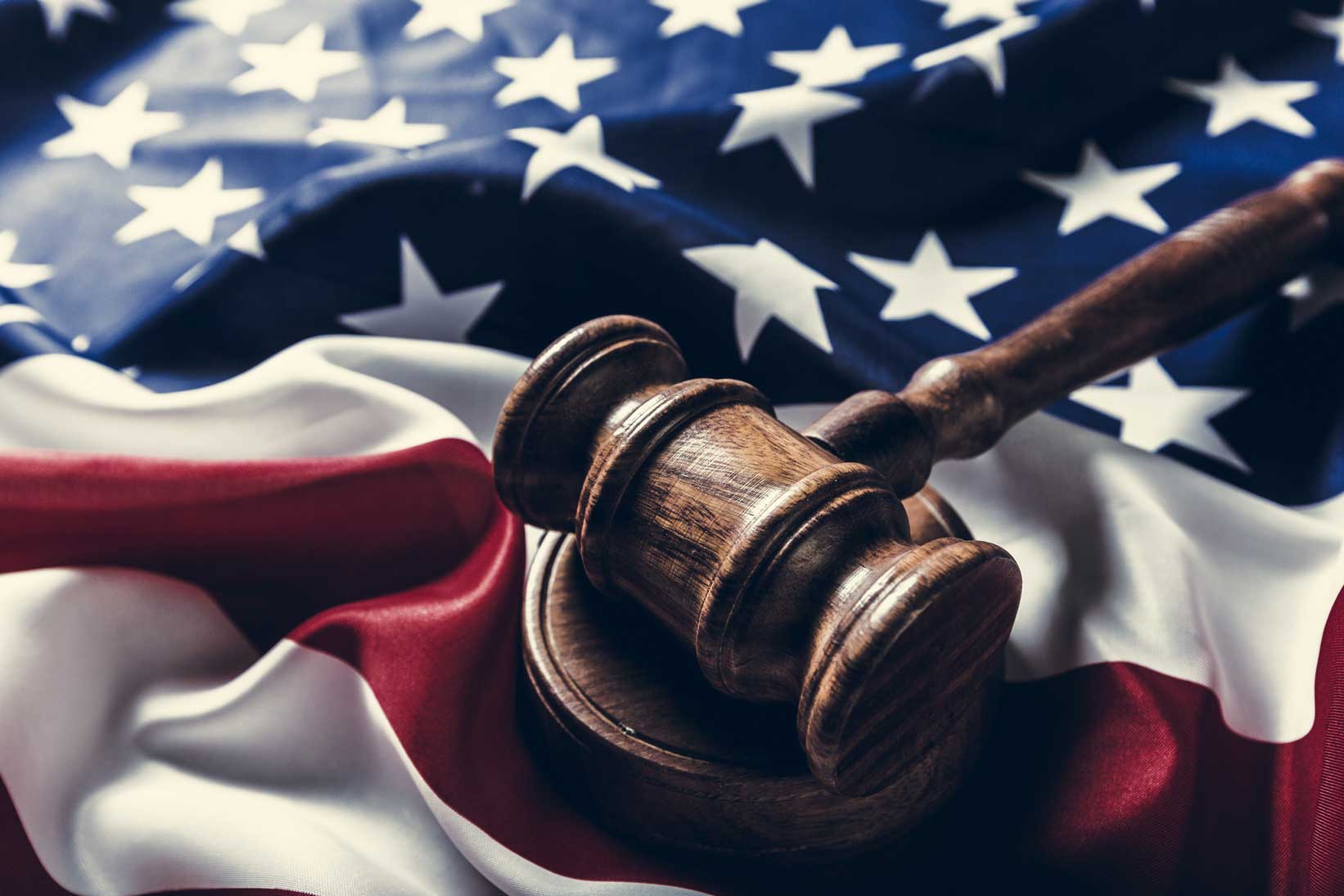UPS Driver Awarded $238M in Race Discrimination Verdict
In September 2024, a jury delivered a stunning $238 million verdict against United Parcel Service, Inc. (UPS), finding the company liable for racial discrimination, a hostile work environment, and retaliation against a former Black driver, Tahvio Gratton. The verdict includes $198 million in punitive damages and $39.6 million for emotional distress, humiliation, pain, and suffering. This monumental decision sends a powerful message to employers everywhere about the severe consequences of failing to prevent and address workplace discrimination.
The case, Gratton v. United Parcel Service, Inc., highlights the systemic issues that can fester within a company, leading to devastating personal and financial outcomes. For employees, it underscores the importance of standing up against injustice. For employers, it serves as a stark reminder of their legal and ethical obligations to foster a safe and equitable workplace for everyone.
Background of the Case
Tahvio Gratton, a Black man, began his employment with UPS in 2016. In January 2018, he transferred from the Seattle UPS center to the Yakima, Washington, location. According to his complaint, the racial harassment and discriminatory treatment started almost immediately.
Gratton alleged a series of discriminatory actions by his supervisors. He was frequently “laid off” for the day, even as white drivers with less seniority were given routes, a clear violation of union rules. He was also assigned less desirable and more physically demanding routes, like the “mall route,” which involved heavier, bulkier packages.
The harassment escalated during a “ride-along” in April 2018 with a white manager, Sam O’Rourke. Throughout the day, O’Rourke repeatedly and demeaningly referred to Gratton as “Boy.” Despite Gratton’s direct request to stop, O’Rourke dismissed it, stating, “I’m from the South. That’s how I talk.” This exchange, witnessed by a customer, left Gratton feeling humiliated and distressed. When he reported the incident to another manager, Erik Loomis, the complaint was brushed off with, “That’s just how he talks.”
Legal Arguments and Evidence
Gratton filed multiple complaints with his union and the Equal Employment Opportunity Commission (EEOC) between 2018 and 2021. He detailed not only the initial racial harassment but also the ongoing retaliation he faced for speaking out.
The evidence presented a pattern of discriminatory behavior:
- Unequal Work Assignments: White drivers were given preferential routes, while Black drivers, including Gratton, were burdened with overloaded routes and then unfairly disciplined for taking too long.
- Targeted Discipline: Gratton and other Black employees were reprimanded for minor infractions like visible tattoos or wearing a sweater, while white drivers were not.
- Retaliation: After Gratton became a union shop steward and helped other Black employees file grievances, the retaliation intensified. Supervisors actively sought reasons to discipline him, and one witness testified that a manager referred to Gratton with a racial slur.
- Wrongful Termination: In October 2021, UPS fired Gratton, citing an “unprovoked assault” on a female coworker. Gratton maintained that he tripped and accidentally steadied himself on her back. The conflicting witness accounts and the history of retaliation led Gratton to claim his termination was pretextual—a fabricated reason to fire him for his race and protected activities.
The Verdict
The jury sided with Gratton, finding that UPS’s conduct was “malicious, oppressive or in reckless disregard of his rights.” They determined that he had proven his claims of racial discrimination, retaliation, and wrongful discharge.
The staggering $238 million award—$198 million in punitive damages and $39.6 million for emotional distress—reflects the jury’s condemnation of the company’s failure to address the severe and persistent hostile work environment Gratton endured. While UPS has stated it plans to appeal, the verdict stands as a landmark victory against workplace discrimination.
Understanding Race Discrimination in the Workplace
Race discrimination in the workplace is strictly prohibited by federal and state laws. Key legislation includes:
- Title VII of the Civil Rights Act of 1964: This federal law makes it illegal for employers with 15 or more employees to discriminate based on race, color, religion, sex, or national origin in any aspect of employment.
- 42 U.S.C. § 1981: This statute provides all persons with the same right to make and enforce contracts as is enjoyed by white citizens, which applies to employment relationships.
- California Fair Employment and Housing Act (FEHA): In California, this law offers even broader protections, applying to employers with five or more employees and prohibiting discrimination, harassment, and retaliation.
These laws cover hiring, firing, promotions, compensation, job assignments, and any other terms or conditions of employment. Creating a hostile work environment based on race—where conduct is so severe or pervasive that it creates an abusive atmosphere—is also a form of illegal discrimination.
What This Means for Employers
The Gratton v. UPS verdict is a wake-up call. Employers have a legal and moral responsibility to create a workplace free from discrimination and harassment. Prevention is the most effective tool.
Employers should:
- Implement Strong Policies: Establish clear, written policies against discrimination, harassment, and retaliation.
- Provide Regular Training: Conduct mandatory training for all employees and managers on diversity, sensitivity, and anti-discrimination laws.
- Establish a Complaint Procedure: Create a safe and clear process for employees to report incidents without fear of retaliation.
- Investigate Promptly and Thoroughly: Take all complaints seriously. Conduct immediate, impartial investigations and take appropriate corrective action if misconduct is found.
- Foster a Culture of Respect: Leadership must champion a workplace culture where diversity is valued and all employees are treated with dignity.
Ignoring or dismissing complaints, as Gratton’s managers allegedly did, can lead to catastrophic legal and financial consequences, not to mention irreparable damage to a company’s reputation.
Your Rights as an Employee
If you are facing discrimination, harassment, or retaliation at work, you have rights. It is illegal for your employer to punish you for reporting unlawful conduct.
Legal options for employees include:
- Document Everything: Keep a detailed record of discriminatory incidents, including dates, times, locations, individuals involved, and what was said or done.
- Report the Conduct: Follow your company’s internal complaint procedure to report the harassment or discrimination.
- File a Complaint with a Government Agency: You can file a charge with the EEOC or a state agency like California’s Civil Rights Department (CRD).
- Seek Legal Counsel: An experienced employment lawyer can help you understand your rights, navigate the legal process, and pursue a claim for damages, including lost wages, emotional distress, and punitive damages.
Stand Up for Your Rights
The verdict in Tahvio Gratton’s case is a powerful testament to the importance of holding employers accountable for creating and maintaining a hostile work environment. It shows that the justice system can and will protect employees who have been subjected to race discrimination, racial harassment, and retaliation.
No one should have to endure the humiliation and distress that Mr. Gratton experienced. His courage to speak out and fight back has not only brought him justice but has also shone a bright light on the persistent issue of workplace discrimination.
If you believe you have been the victim of discrimination, harassment, or wrongful termination, do not stay silent. You have the right to work in an environment free from prejudice and hostility.
Disclaimer: While the parties in this case were not represented by Helmer Friedman LLP, the settlement offers crucial insights for both employers and workers facing similar situations.
The race discrimination lawyers at Helmer Friedman LLP represent employees who have experienced injustice in the workplace. If you need a confidential consultation, contact us today to learn how we can help you stand up for your rights.










